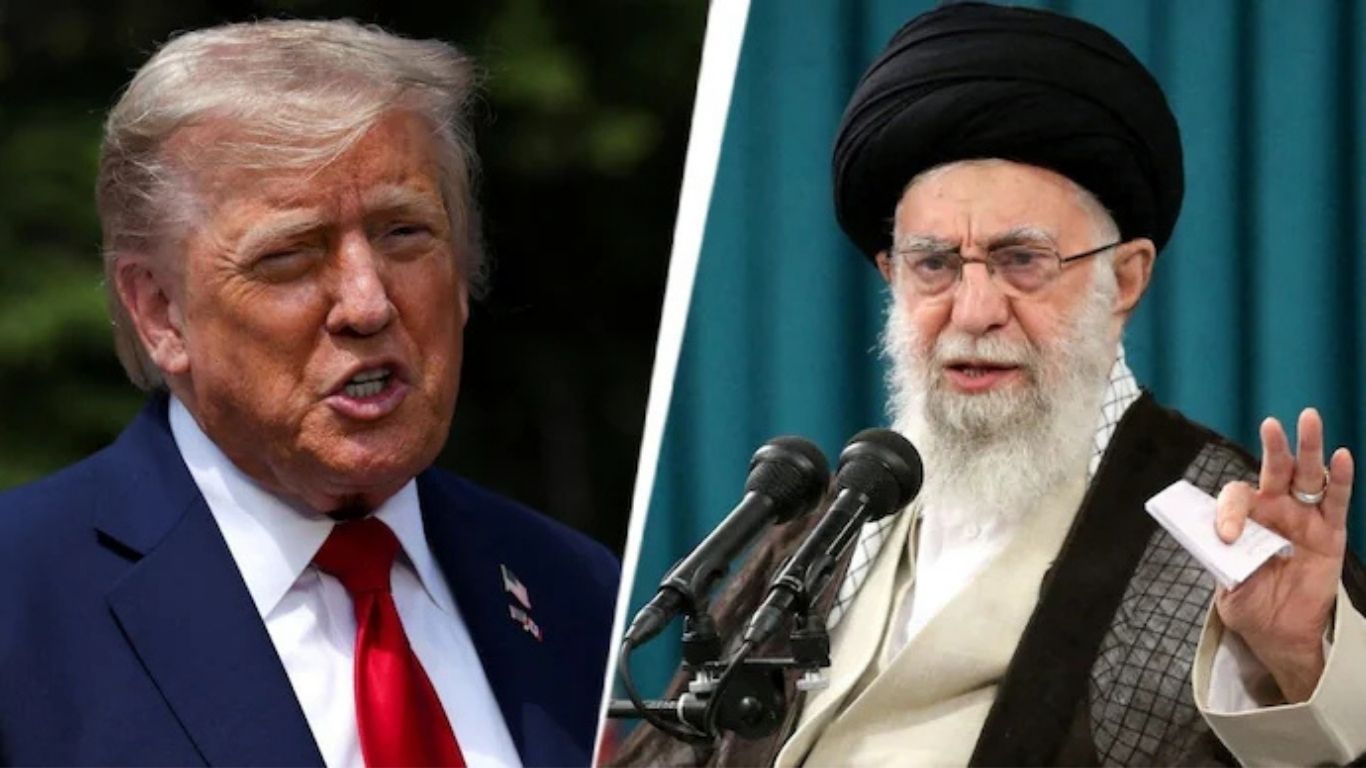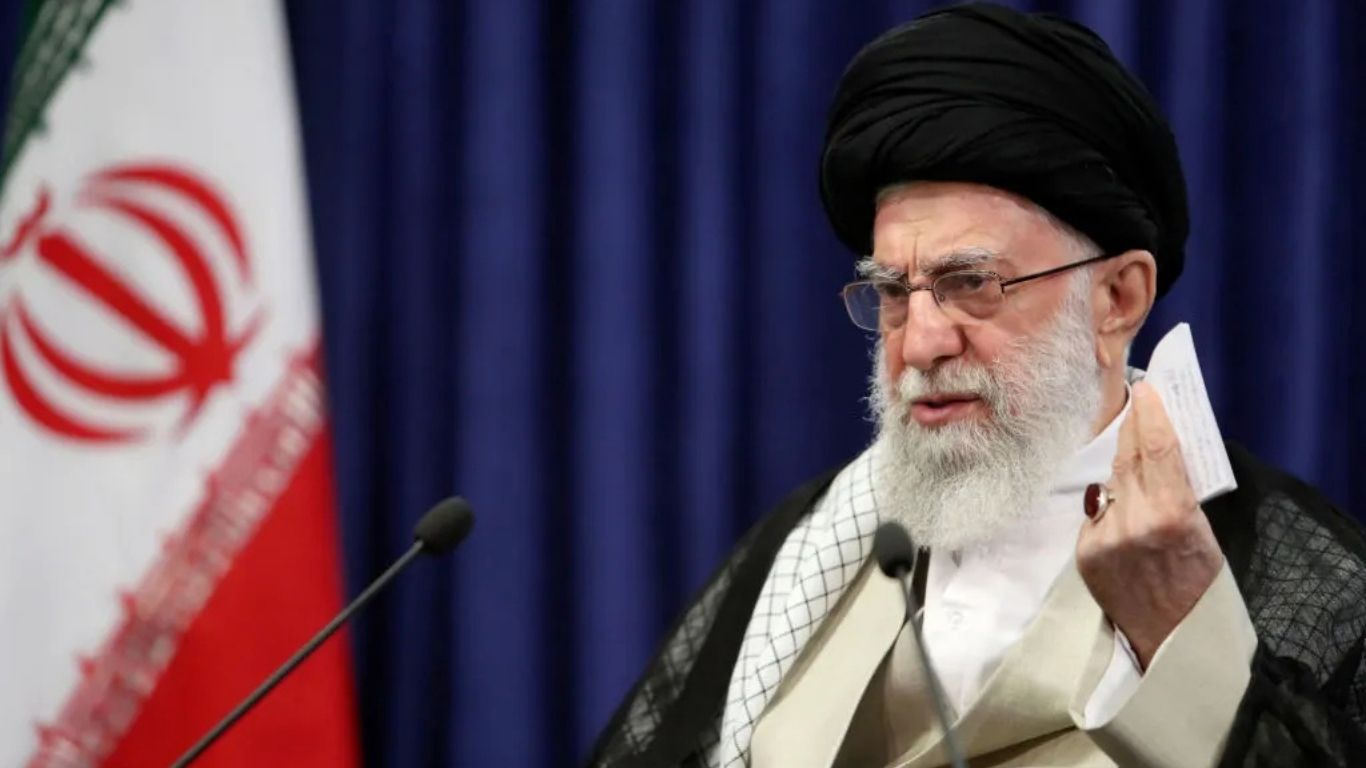In the whirlwind of global tensions, a bombshell claim has been making waves across social media: former Russian President Dmitry Medvedev allegedly said that multiple countries are poised to supply Iran with nuclear warheads. This statement, tied to the U.S. strikes on Iranian nuclear facilities on June 22, 2025, has sparked heated debates, with some calling it fake news and others seeing it as a chilling escalation. Is Medvedev’s claim real, or is it just another digital storm in a teacup? Let’s dive in with a sardonic grin and a commitment to global fact-checking standards.
The Viral Claim: Medvedev’s Nuclear Bombshell
The claim hit social media like a missile, with posts on Reddit and X—archived here—spreading the word that Medvedev, now deputy chairman of Russia’s Security Council, declared on June 22, 2025, that “a number of countries are ready to directly supply Iran with their own nuclear warheads.” The timing couldn’t be more explosive: it came hours after U.S. B-2 bombers struck Iran’s nuclear sites at Fordow, Natanz, and Isfahan, escalating the Iran-Israel conflict. The posts racked up millions of views, with some users arguing it was a Kremlin ploy while others questioned if Medvedev even said it.
Fact-Checking Medvedev’s Words
Using IFCN-aligned fact-checking methods, we started with the primary source: Medvedev’s official X account, where he indeed posted on June 22, 2025: “A number of countries are ready to directly supply Iran with their own nuclear warheads.” The statement was part of a 10-point critique of the U.S. strikes, where he also claimed Iran’s nuclear infrastructure sustained “minor damage” and that the attacks strengthened Tehran’s regime. Multiple credible outlets, including CNBC, Reuters, and Newsweek, confirmed the post, leaving no doubt Medvedev said it.
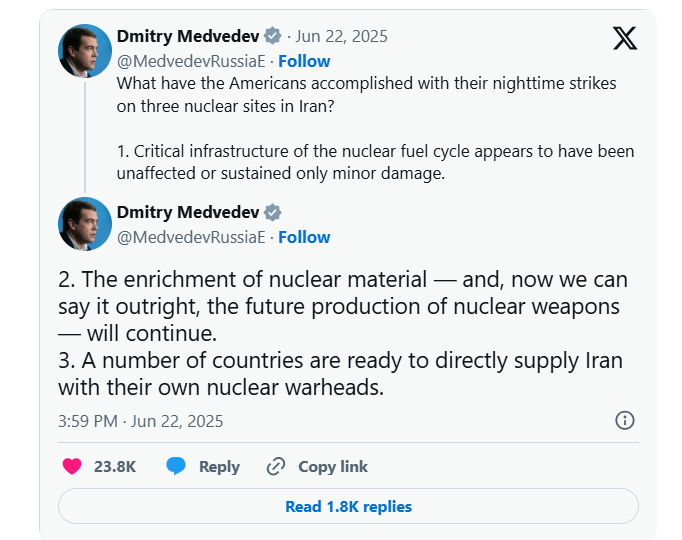
But the plot thickens. Some X users pressed Medvedev to clarify if Russia was among those countries. On June 23, he backtracked, stating Russia “has no intention of supplying nuclear weapons to Iran,” citing its commitments to the Nuclear Non-Proliferation Treaty (NPT) and the New START Treaty. This follow-up came after his initial claim sparked global alarm, suggesting he might’ve been rattling sabers rather than revealing concrete plans.
To double-check, we scoured Medvedev’s history. Known for hawkish rhetoric, he’s often used as the Kremlin’s “mad dog” to stir panic, as noted by the Institute for the Study of War. His claim about nuclear warheads aligns with his pattern of bold, unverified statements, like his threats during the Ukraine conflict. Nuclear experts, like Pavel Podvig from the UN Institute for Disarmament Research, called the idea “logistically ridiculous,” noting that transferring nuclear warheads requires complex systems and violates the NPT, which Russia, China, and North Korea have signed.
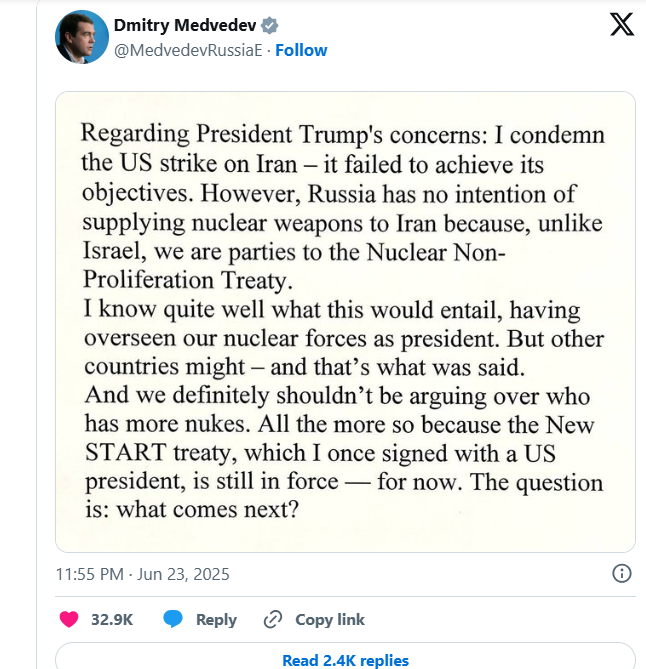
The Context: Why Now?
Medvedev’s statement seems designed to inflame tensions, portraying the U.S. strikes as a failure that’s pushed Iran closer to nuclear-armed allies. But who are these “countries”? He didn’t name names, and analysts like Adam Lowther from the National Institute for Deterrence Studies speculate only Russia, China, or North Korea could theoretically be involved—though all face massive risks, including U.S. retaliation. U.S. President Donald Trump fired back on Truth Social, calling Medvedev’s use of the “N word” (nuclear) “casual” and praising U.S. military prowess, while Vice President JD Vance labeled the claim “bizarre.”
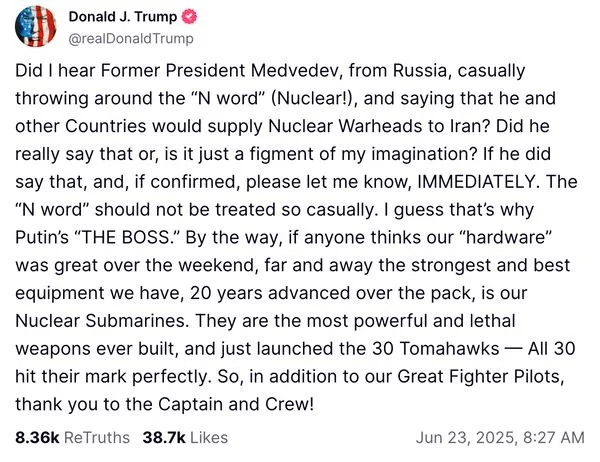
Why It Resonates in Bangladesh
In Bangladesh, where anti-Western sentiment can run high, Medvedev’s claim has struck a chord. A 2018 Pew Research study showed South Asians, including Bangladeshis, often sympathize with Iran over Israel due to religious and political ties. X posts reflect this, with users framing Medvedev’s words as proof of Iran’s resilience. But misinformation spreads fast here, with over 50 million social media users amplifying emotionally charged claims, per a 2020 MIT study.
This claim taps into local narratives of global power struggles, but its vagueness—Medvedev naming no countries—makes it ripe for speculation. It’s less about facts and more about stoking fear, a classic Kremlin tactic.
Medvedev’s claim isn’t just a one-off; it’s part of a broader trend of nuclear saber-rattling. The World Association of News Publishers warned in 2023 that inflammatory rhetoric, amplified by social media, erodes trust in institutions. With Russia’s historical support for Iran’s nuclear program—think Bushehr reactors—Medvedev’s words fuel paranoia, even if they’re more bark than bite.
Conclusion: Medvedev Said It, But It’s Shaky Ground
The claim is true: on June 22, 2025, Dmitry Medvedev stated on X that “a number of countries are ready to directly supply Iran with their own nuclear warheads.” But context matters. His follow-up clarified Russia isn’t involved, and experts dismiss the logistics of such transfers. The statement’s more about geopolitical posturing than imminent danger, though it’s fanned flames in Bangladesh and beyond.
So, next time you see a viral post about nuclear warheads, take a breath. Check the source, question the hype, and maybe stick to cat videos instead. They’re less likely to start World War III.



